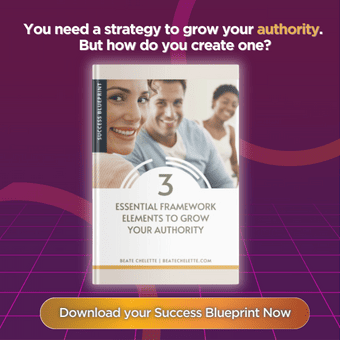What a week for the United States! Confederate flags came down and same-sex marriage was legalized in every state. I am thrilled about it now, but I have a shameful confession to make. In my professional career working in the creative arts, I interacted with many colorful people, some of whom are openly gay. I’m embarrassed to admit I didn’t like the notion of marriage between same-sex partners.
I feel like a hypocritical jerk. I had this moral dilemma for a long time, and there was no good reason for it. Somewhere deep down, I just strongly believed there was something sacred about marriage between a man and a woman and it couldn’t be otherwise. To be clear, my discomfort was only about same-sex marriage, not about people who are gay or lesbian or transgender.
Then two years ago, a young woman who I mentor came out. My response to her was, “I didn’t know you were interested in women.” She replied, “I wasn’t until I met HER.” I invited them both to dinner and for two hours I listened to heartbreaking stories of how my mentee’s father treated her after she came out. He kicked her out of the house and forbade her from bringing her girlfriend to visit because he was afraid their relationship was a bad influence on the younger sister.
These two young women faced gigantic hurdles at 19 and 20 years old. They were going through deep emotional pain and were essentially homeless. And here they were, secretly holding hands beneath my dining table while gushing over each other and their newfound love.
And that is when the shift in me happened.
How can we be for or against something, or even hold a valid opinion of it, until we experience it through a real-life scenario with people we deeply care for? Shouldn’t we allow them to stand for what they believe in, no matter what?
Isn’t it always like this? We discuss an abstract concept based on assumptions and form an opinion from a safe distance. But when a situation becomes real to us, our opinions are formed or changed based on how it feels instead of what it looks like from the outside.
Here is food for thought:
Can we tell our daughters, sons, mothers and close friends that they shouldn’t fall in love with a person who brings them joy and light? Can we decide for them that a particular type of love is wrong?
Can we tell a mother whose son was randomly shot during a gang initiation that there should be no gun control?
Can we tell thousands of women who can’t make it past middle-management positions that gender bias in the upper levels of a corporation doesn’t exist?
Can we tell an Asian, Pacific Islander, or black person that diversity is embraced when the numbers say otherwise?
Where am I going with this article? Firstly, I want to ask you to soften up. You can still have your strong opinion, but please consider it as only one opinion about a particular subject.
“Sure, Beate,” you say. “Of course, I respect other people’s opinions even when they aren’t the same as my own.”
Truth is, most of us don’t.
This is why I confessed and came clean to you. Many of us think we are open to other opinions and respectful of them, but I dare say the reality is we aren’t as accepting as we say we are. Including me. I am feeling ashamed on a deeply personal level.
Secondly, I ask you to take a look at my two most urgent topics of gender equality and women leadership. I want you to REALLY SEE. See what Facebook, Google, and LinkedIn are seeing in their own companies when they voluntarily publish gender diversification reports based on their employees. Facebook’s just came out and it shows they didn’t move the needle much at all. Imagine how painful it must be for each of these companies to claim they promote diversity as a core value and then publicly announce they have long ways to go.
One thing is becoming increasingly clear to me. This is the era of community, collaboration, and inclusion. Nothing can be done in a vacuum; we need other people. We need ALL of them. We live in a diversified world and businesses need to reflect our world. Middle-aged white men can’t rule alone. Can we soften them up? Can you soften up?




